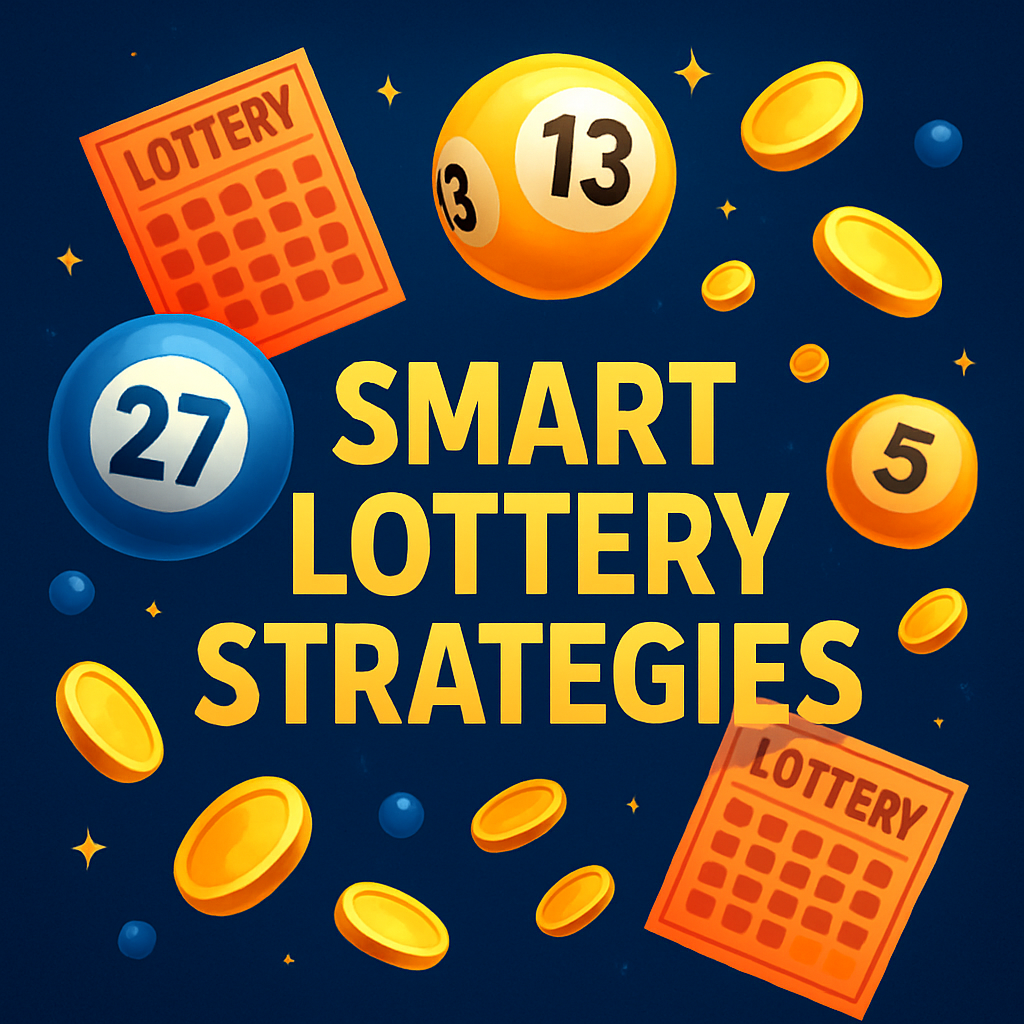The Real Deal: Casino Hacks That Work
When it comes to casino games, there’s no magic formula for guaranteed wins. But there are strategies and insider tips that top players use to give themselves an edge. At Dewakoin, we believe in fair play, but that doesn’t mean you can’t use the right tactics to maximize your chances.
Smart Strategies for Casino Game Hacks
Here are proven techniques that can make a real difference in your casino experience:
1. Focus on Low House Edge Games
The house always has an edge, but some games give you better odds than others. If you’re looking for the best chance to win, consider these games:
- Blackjack: The house edge is often less than 1% if you play with the right strategy.
- Craps: Bets like the pass line and come line give you a solid chance to win.
- Baccarat: Simple to play, with low house edges on certain bets.
By focusing on games with lower house edges, you improve your odds without any special hacks.
2. Master the Basics of the Game
You don’t need to be a professional gambler to improve your odds. Just mastering the basics of your favorite casino games can make a significant difference. For instance, in blackjack, knowing when to hit, stand, or double down is key to maximizing your wins. At Dewakoin, we provide detailed guides and strategy charts to help you play smarter.
3. Take Advantage of Bonuses
Casino bonuses are one of the best ways to boost your bankroll without extra risk. Dewakoin offers numerous promotions, from welcome bonuses to loyalty rewards. Here’s how to make the most of them:
- Free Spins: Use them on slots with high RTP to maximize your return.
- Cashback Offers: Minimize losses by using cashback promotions for added security.
- Match Bonuses: Always read the terms and conditions, but match bonuses can effectively double your playtime.
4. Use Betting Systems for Table Games
While no betting system can guarantee a win, systems like Martingale and Paroli can help you manage your bets more effectively. In the Martingale system, you double your bet after a loss, aiming to recover losses with one win. For more conservative players, the Paroli system suggests increasing your bet after each win—ideal for streaks.
5. Practice Bankroll Management
Effective bankroll management is one of the most critical hacks for casino success. Know how much you’re willing to risk and set a limit. Don’t bet more than you can afford to lose, and always set aside a portion of your winnings to lock in profits. Staying disciplined is the ultimate hack for long-term success.
Casino Hacks to Avoid
There are plenty of myths and misleading “hacks” out there that can get you into trouble. Here are some things to avoid:
- Chasing Losses: Trying to win back your losses can lead to even bigger losses. Stick to your budget.
- Relying on Superstitions: Every outcome in casino games, from slots to table games, is random. Don’t waste time believing in patterns or “lucky” charms.
- Rigging the System: Always play within the rules. Trying to use software or cheats is illegal and can get you banned from the casino.
Why Play at Dewakoin?
- Fair Games: All our games are tested for fairness, with certified RNGs ensuring every outcome is random.
- Fast, Secure Withdrawals: Your winnings are processed quickly, with top-tier security to protect your funds.
- Exclusive Bonuses: We offer promotions that give you real value—no hidden strings attached.
- 24/7 Support: Our team is always available to help with any questions or issues.
At Dewakoin, it’s all about fair play and maximum enjoyment. Use these hacks to improve your gameplay and increase your chances of winning.
Final Tip: Play Smart, Play Big
Winning at casino games isn’t just about luck—it’s about playing smart, using the right strategies, and managing your bankroll wisely. With Dewakoin, you get access to fair, high-quality games and all the resources you need to succeed. Ready to take your casino game to the next level? The table’s waiting.







